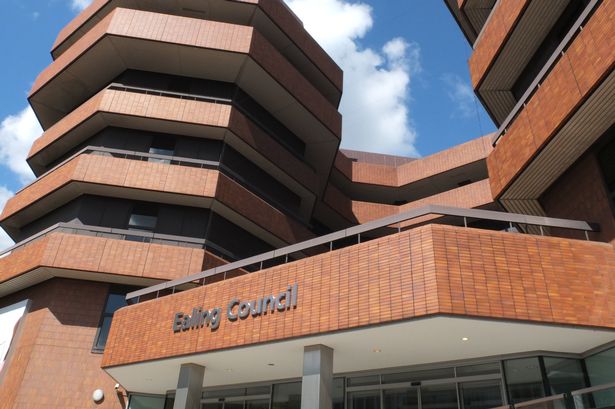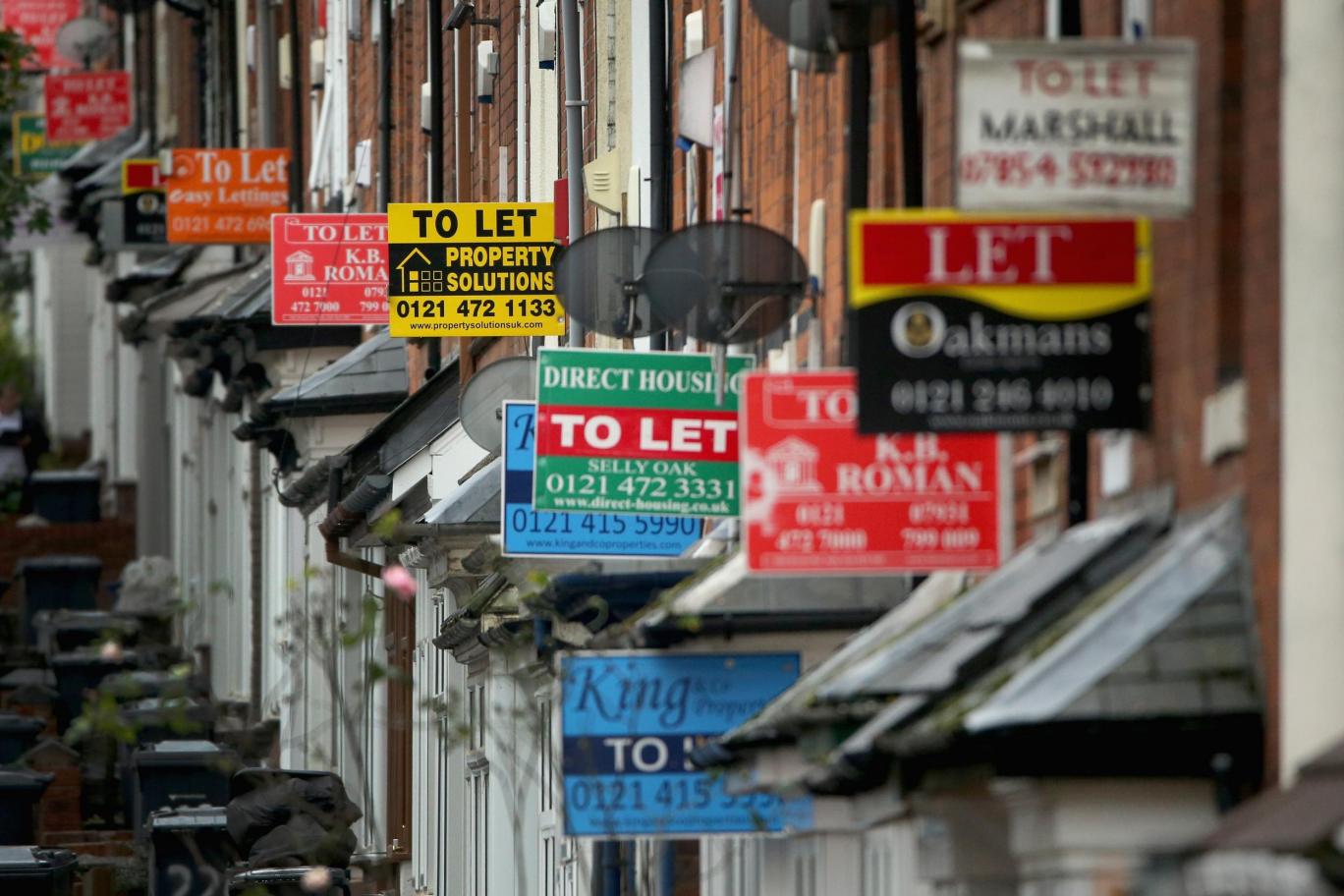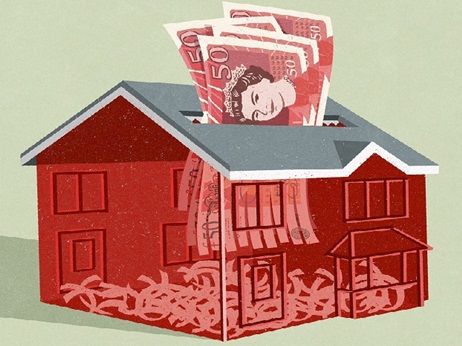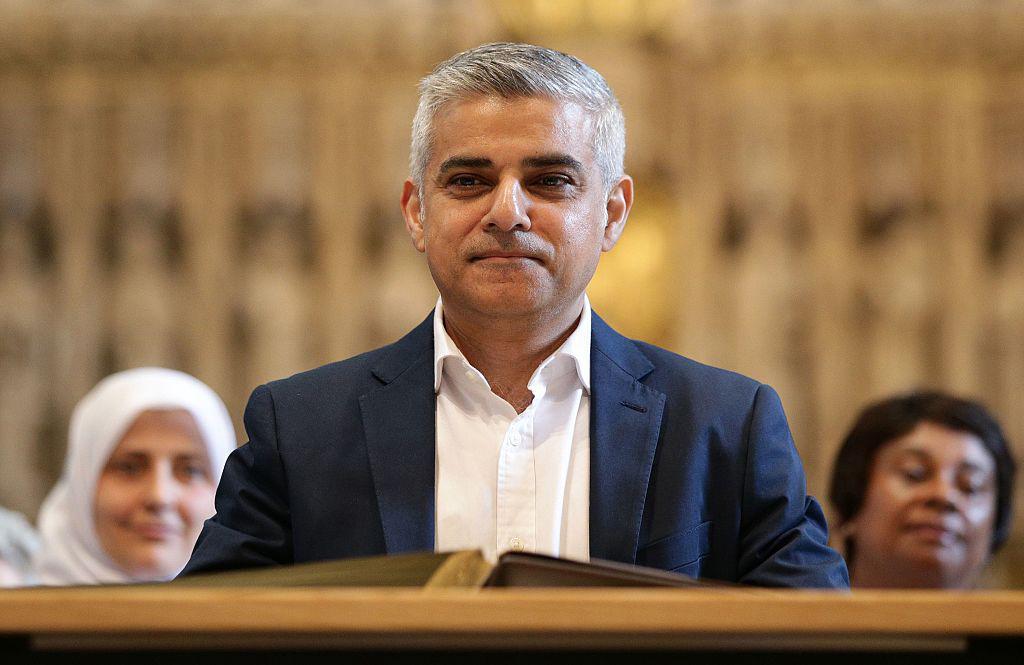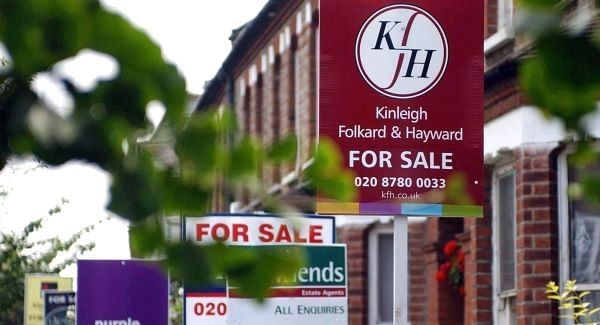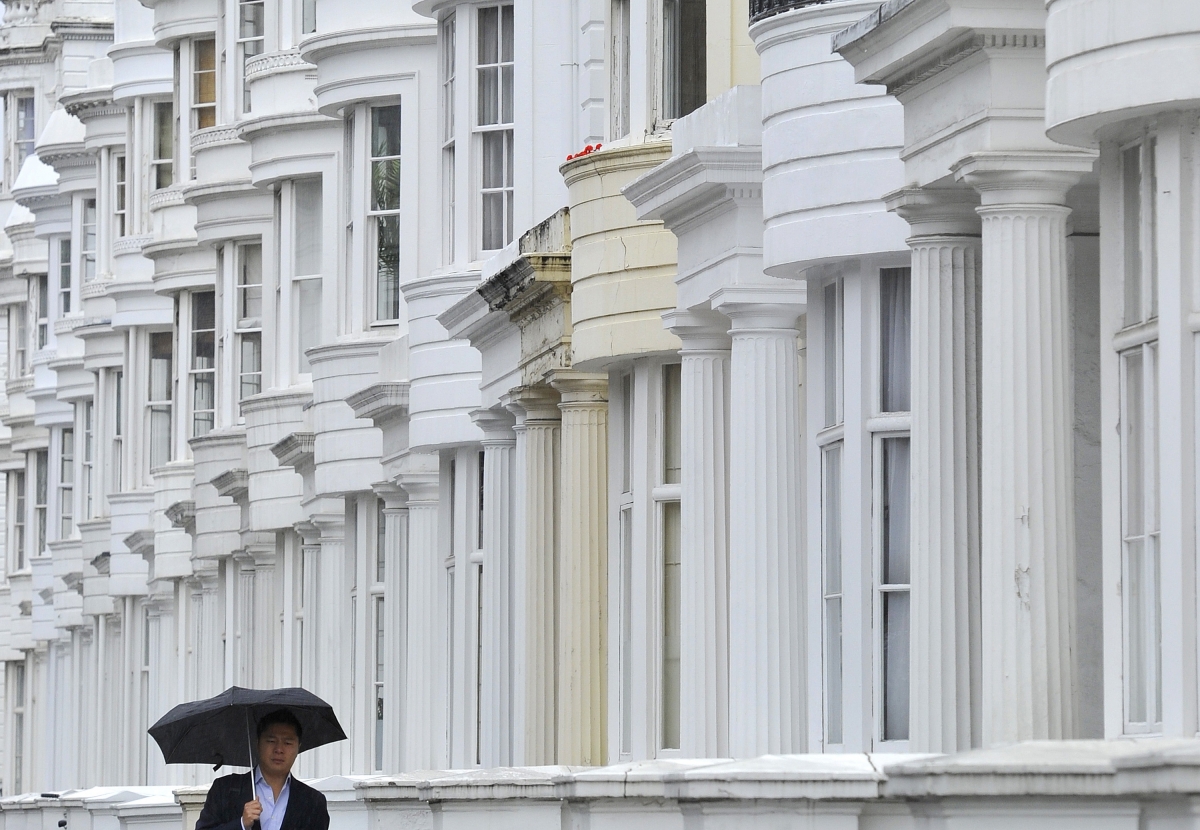Ealing Council approved the award of a large contract to Rydon, the main contractor on the Grenfell Tower development, weeks before the fire broke out.
According to Construction News, Ealing’s main cabinet approved Rydon as the development partner for the £65 million project to build 296 new housing units to replace the High Lane Estate in Hanwell.
The Council authorised the executive director of Regeneration and Housing to finalise the contract with Rydon at a meeting on 25 April. The minutes of the April meeting state that Rydon’s bid was the most “economically advantageous” of the three tenders, with a “very strong financial offer coupled with excellent construction delivery and programming”.
The deal will see the contractor finance, develop and submit a planning application for the new development, before demolishing the existing estate and replacing it with mixed-tenure housing, the majority of which will be affordable.
Rydon was the main contractor on last summer’s £8.7 upgrade of the Grenfell Tower in Kensington. To date 79 people are reported dead or missing following the fire last week and the exact cause of the fire has yet to be determined.
Rydon has insisted all its work on the refurbishment met all required building control, fire regulation and health and safety standards.
According to Construction News, although Rydon was selected as the preferred development partner for the Ealing project, no deal has yet been signed.
The latest High Lane Estates contract would be the second development partner deal between Rydon and Ealing Council on a major regeneration, after Rydon’s 50:50 joint venture with A2Dominion Regeneration won the £155m revamp of Green Man Lane Estate.
The government confirmed yesterday it had ordered councils and social housing providers to urgently check whether any panels on their new-build or refurbished buildings are clad with aluminium composite material (ACM), which is believed to have been installed at Grenfell Tower.
The Renters Alliance helps renters with bad landlords and letting agents. If you have a story you would like to share, please contact the National Renters Alliance through our website or email us at contact@nralliance.co.uk
